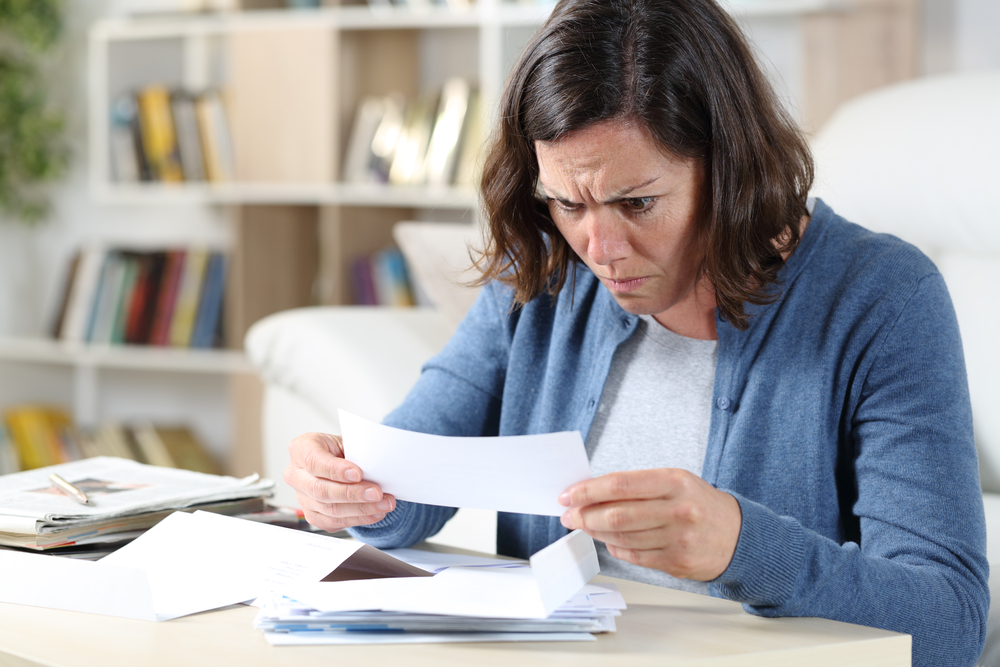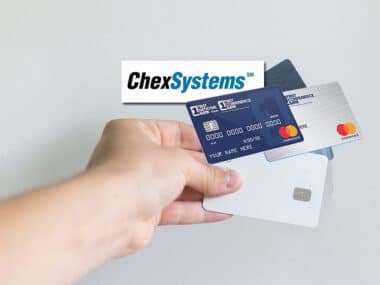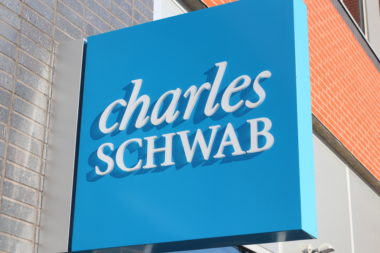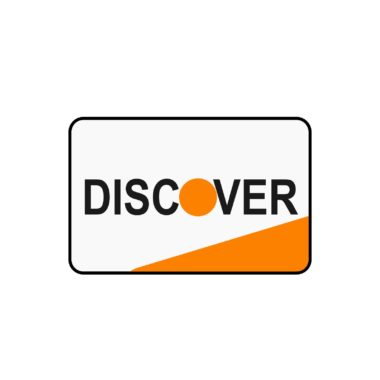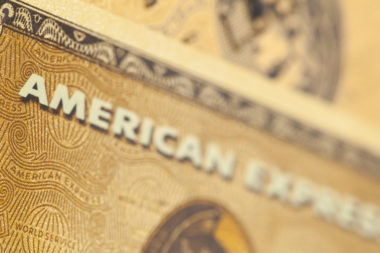Many grocery stores will use a system to verify a personal check before accepting it into their system.
The cashier will run the account number and the bank’s routing number through an electronic verification system to verify the check. If the account has a positive balance and valid information, the system accepts the check.
However, if the account’s name doesn’t match the user’s ID or if the account has a negative balance, the system rejects the check. This article will help you learn why a grocery store might reject your checks and how they verify checks.
Table of Contents
Common Reasons Your Check Is Being Declined
There are various reasons why a grocery store could decline your check. Most grocery stores use programs such as Certegy or TeleCheck — these programs weigh the risks associated with a check based on the account history and make a recommendation to the cashier whether to accept or decline.
Here are the five most common factors that could cause the store’s system to decline your check:
Risk Factors
If an account seems too risky for Telecheck, the system will likely decline it. For example, if this is the first time you’ve written a check at a grocery store, Telecheck could decline the check because of your inactivity.
The system could also decline a check if the purchase is larger than a regular grocery store purchase because it increases the chances of fraud.
Unpaid Debt
The program used by most grocery stores tracks a person’s check debt. An account with overdrafts and history of non-sufficient funds will be rejected. Rejecting checks that have unpaid debt associated with them decreases the store’s risk.
History of Bad Checks
Telecheck tracks a customer’s history through their bank account number. If you’ve written a bad check in the past, Telecheck will pull up your history and flag your future checks.
Fraudulent Activity
If the fraudulent activity was recently listed on your account, the grocery store will likely decline your check, even if you reported the fraudulent activity yourself. The system declines checks on accounts with fraudulent history to protect the account owner.
Human Error
If the cashier needs to enter the check information by hand, there’s a chance that human error could cause the check to be declined. The cashier might enter the wrong account number or spell a name wrong.
Additionally, if your name on your bank account is different from your driver’s license or ID, your check is likely to be declined. Filling out the check incorrectly could also trigger the system to decline.
How Do Grocery Stores Verify Checks?
When a grocery store verifies a check, they will use either TeleCheck or Certegy. Both programs use similar methods to access check information and assess the risk of accepting the check.
Understanding how these programs work can help customers answer questions such as: Why are my checks being declined?
After a customer hands a check to a grocery store clerk or cashier, they will enter the check’s information into Certegy or TeleCheck. Within seconds, the system will produce a recommendation to accept or deny the check.
Certegy and TeleCheck use methods similar to formulas that calculate credit scores. However, their exact method for assessing check risk is not public information in order to prevent fraudulent checks from slipping through their system.
Certegy and TeleCheck base their final judgments on the following information:
- Checking history;
- Purchase amount;
- Debt history;
- Account fraud.
The system will not share the customer’s information with the grocery store; instead, the system only gives their final recommendation. If the check passed the system’s formula, the system recommends that the cashier accept the check. A check that doesn’t pass the system’s formula will be rejected.
Grocery store cashiers don’t have to accept the system’s recommendation. For example, a cashier can choose to reject a check that the system cleared if they suspect suspicious activity.
What Grocery Stores Accept Checks?
Here are some of the most common grocery stores that accept checks:
- Albertsons;
- Costco;
- Dillons;
- H-E-B;
- King Soopers;
- Kroger;
- Safeway;
- Sam’s Club;
- Smith’s Food and Drug;
- Sprouts Farmers Market;
- Target;
- Trader Joe’s;
- Walmart;
- Winn-Dixie.
Because grocery stores vary by region, call beforehand to ask if your store accepts checks. Some of these stores may also be able to cash checks for a low fee. However, with new technology, individuals can also use mobile check cashing apps and avoid going to a bank or grocery store to cash their checks.
Why Do Some Grocery Stores Accept Checks?
Grocery stores that accept checks typically cater to a wide demographic, including both old and young residents of the area. By accepting checks, they make their stores accessible to those who only purchase their groceries using a checkbook.
Among the elderly, paying by check is still very common. Those unaware or confused by debit cards and credit cards may use checks because it is a more familiar process. Individuals may also use checks if they struggle to manage their money when given a debit or credit card.
However, stores can’t ignore the risk that checks offer. Checks are more difficult to verify than cash or debit and credit cards. To reduce risk, stores use check verification software such as Certegy and TeleCheck.
Some stores have policies regarding accepting check payments. For example, in some stores, a person cannot pay by check on their first visit — to pay by check, they need to visit the store and pay by another method first. This process verifies that the customer is returning and is unlikely to have a fake check.
What Stores Don’t Verify Checks?
In some cases, you may need to pay with a check but won’t be approved by Certegy and TeleCheck due to a past instance. In this case, you can cash a check or use a check in the following stores:
- BJ’s Wholesale Club;
- Check Into Cash;
- Food 4 Less;
- Giant Eagle;
- Hannaford;
- IGA;
- Jewel-Osco;
- Pay-O-Matic;
- Speedy Cash;
- Vons;
- WinCo.
In each of the stores listed above, you will need a valid government-issued photo ID to pay with a check. The store clerk will verify that your ID matches the name on the check. If the name doesn’t match, the clerk will deny the check.
Some stores used their own system for verifying checks, such as storing your local check information. Others require you to sign up for their store card before you’re allowed to pay with a check.
A store’s verification method may change as the number of individuals paying with checks decreases. If you’re planning to pay with a check, call ahead to make sure that the store accepts check payments.
Image Source: https://depositphotos.com/
